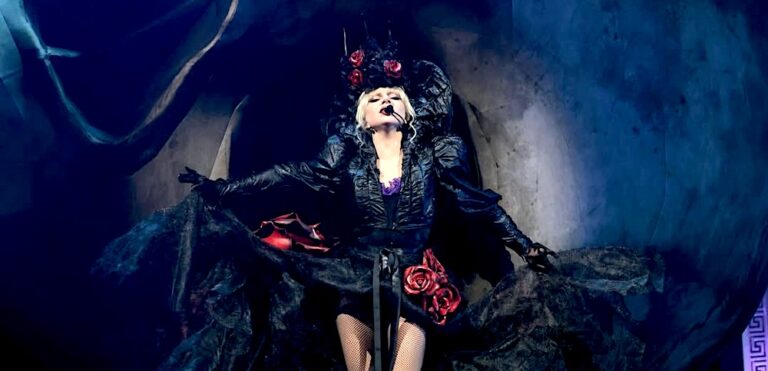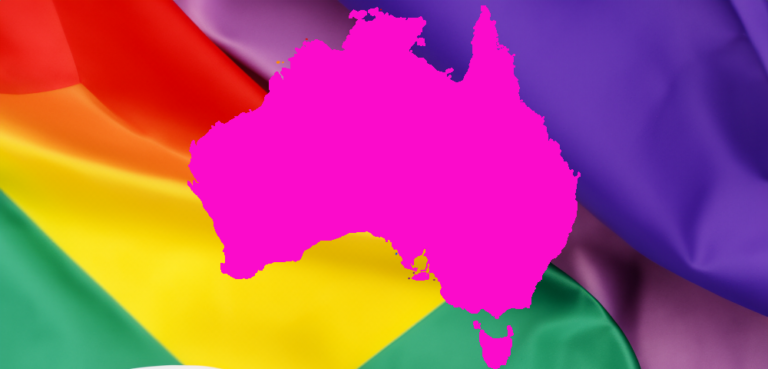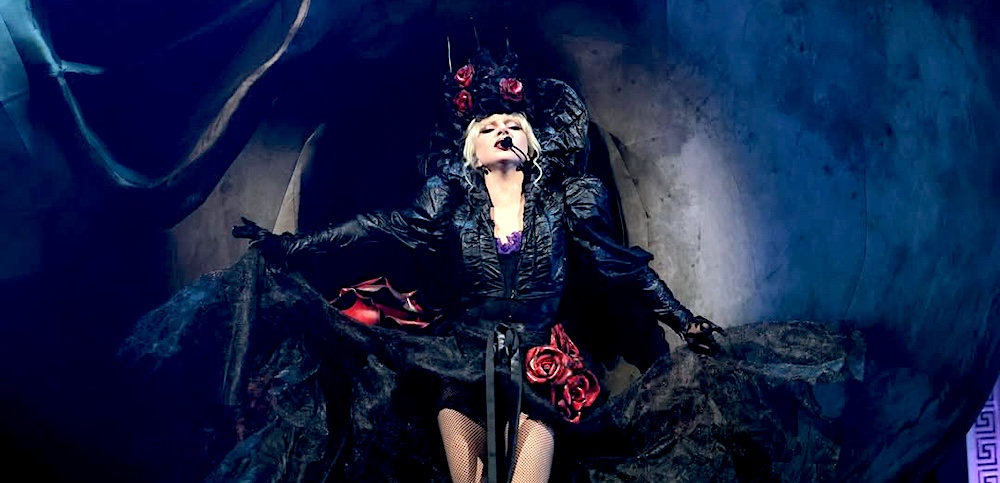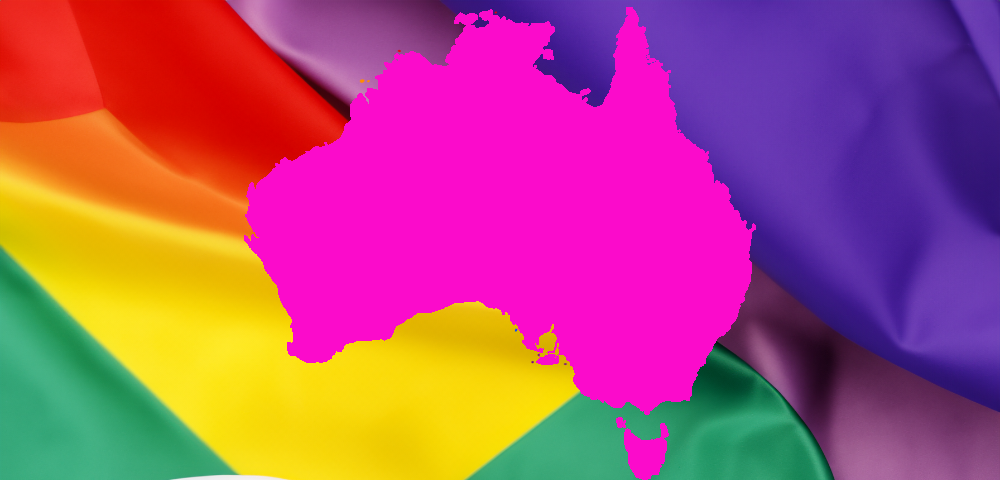
Hannah Kent: ‘To accept yourself as a queer person requires radical self-love’

Finding novel ideas in ‘intuitive tugs’ while grappling with questions on people from the historical past, Hannah Kent’s latest book Devotion, is a queer love story that explores longing and desire based on the migration of Old Lutherans from Hamburg to South Australia in the 19th Century.
Growing up, Kent turned to literature as a means of seeing herself. The first queer book she read was The Well of Loneliness by Radclyffe Hall. She prefaces that particularly with historical fiction, in some ways “we need these narratives of shame because we don’t want to sugar-coat the past, that show the dangers of being queer and the sadness that comes with society is completely preventing you the freedom of your own sexuality and love.”
Same-Sex Marriage Plebiscite Changed Narrative Outline of Devotion
Initially wanting to write on the power of female friendship between Old Lutherans, the 2017 plebiscite saw to anger and sadness that came from receiving “awful pamphlets in the letterbox” and made her realise the power she wielded as an author was nonetheless in story.
This changed the narrative outline of Devotion, and Kent decided to write for those searching for validation and community.
Devotion was crafted from a yearning to celebrate queer love during a time where there was much turmoil and Kent takes the novel to a place that does not revolve around shame or punishment.
A Love Story She Wanted to See When She Was Younger
The main characters, Hanne and Thea represent the kind of love story that she wanted to see represented back to herself when she was younger. A love story where both characters are completely clear about the nature of their feelings, where “it’s reciprocated, and neither feel intrinsically shamed by what their feel, neither are they shamed by their community.”
She refers to Hanne’s relationship with the natural world as a ‘synaesthesia’ and describes the deeper exploration of love that is unconditional and shared between two young women that come from a corner of the world dictated by the Church and agriculture. Narrated in the first person, the novel never sees Thea in an objective light, instead, it is always through the lens of Hanne’s “complete devotion and adoration of her.”
For Kent, queerness is an intrinsic part of who she is and where so much of her compulsion for creativity is spurred from. Being queer has liberated her from pressures and feelings of not belonging in her younger years, into a space where she now comfortably embraces a lack of convention.
“To accept yourself as a queer person requires radical self-love in some ways,” she states. Self-love can then “transform into other decisions and ways that you approach life, it’s a very open and wondrous way to live.”








